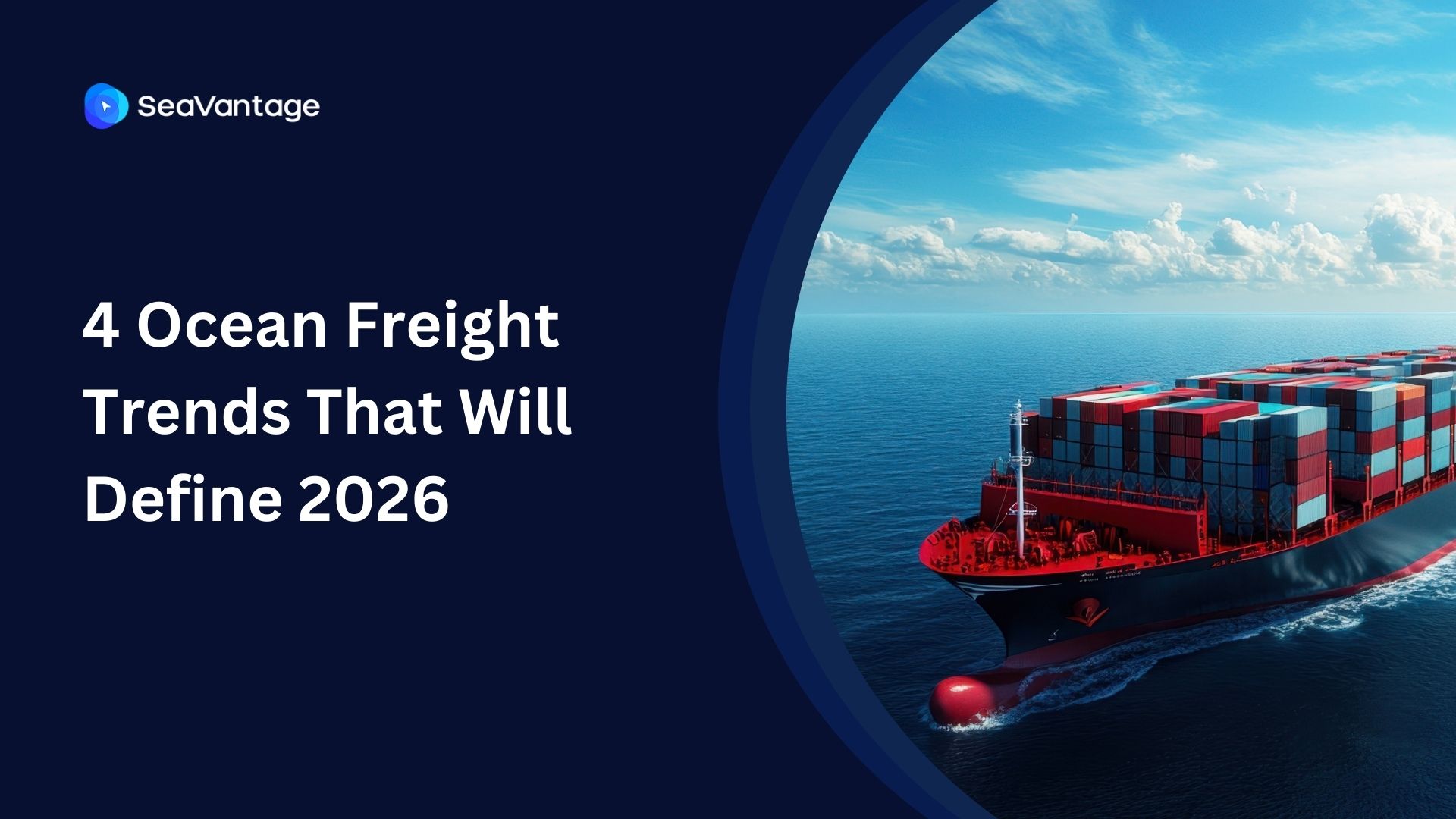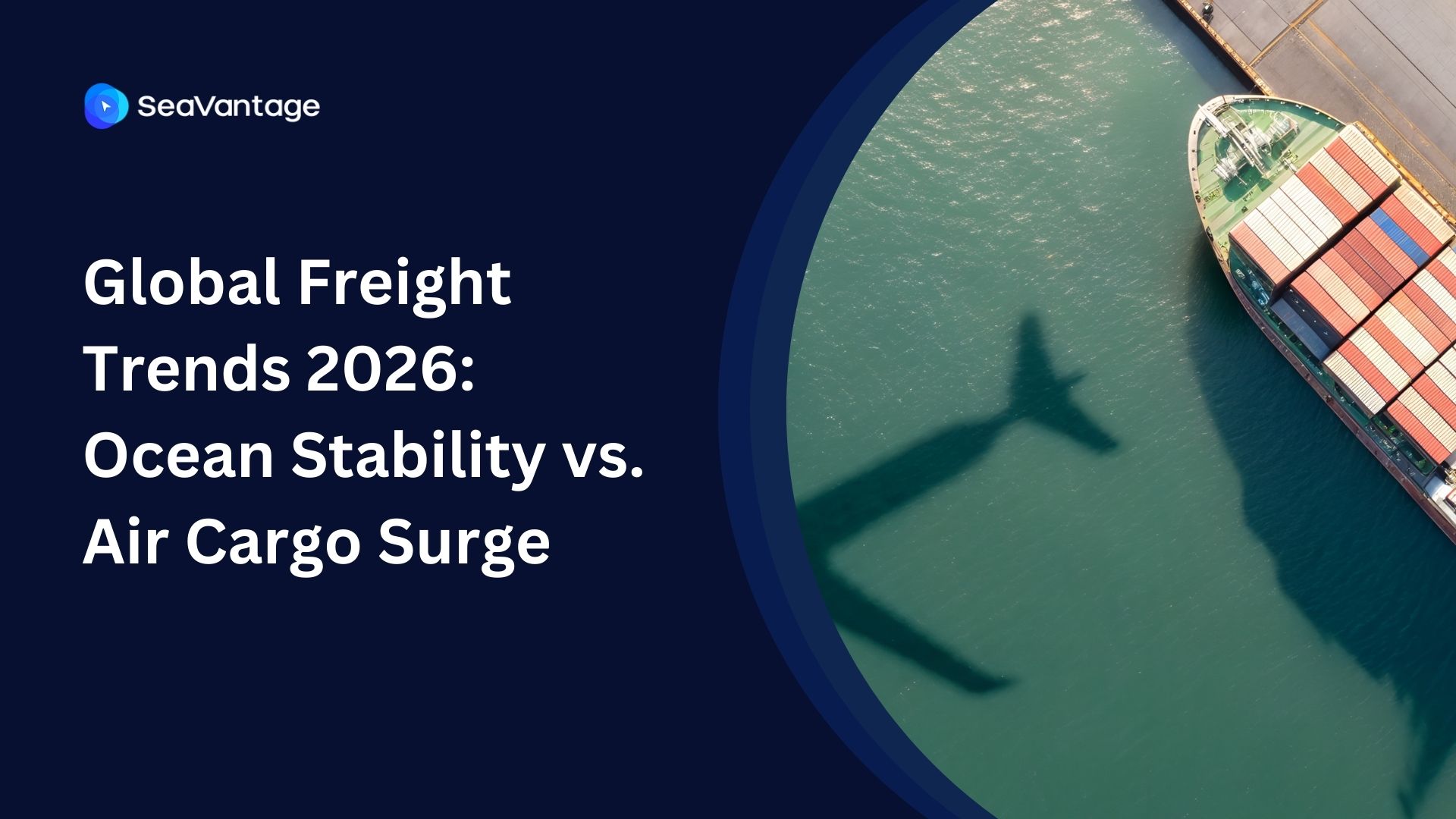The Rise of the Northern Sea Route and Its Global Impact

Why is the Northern Sea Route attracting attention?
As geopolitical tensions disrupt traditional shipping lanes, particularly in the Red Sea, the maritime industry is turning its gaze northward. The Northern Sea Route (NSR) is emerging as a viable alternative, promising to reshape global trade routes and maritime logistics. The NSR is a sea passage that connects Europe, North America, and Asia along the Arctic Ocean. As climate change accelerates the melting of polar ice, this once-impassable route is becoming increasingly navigable. Compared to the traditional Suez Canal route, the NSR offers significantly shorter distances, potentially revolutionizing international shipping.
Three Major Arctic Passages
- Northern Sea Route (NSR): Hugging Russia's northern coast, this route links Europe and Asia.
- Northwest Passage (NWP): Traversing the Arctic Ocean north of North America, it connects the Atlantic and Pacific Oceans.
- Transpolar Passage (TPP): A future route across the North Pole, potentially offering the shortest path between Asia and North America.
The Dawning of the Northern Sea Route Era
The Korea Polar Research Institute (KOPRI) projects that by 2030, ships may be able to navigate directly across the North Pole during summer months. This timeline aligns with predictions of ice-free Arctic summers, followed by winter refreezing. As the NSR becomes more accessible, several key changes are anticipated:
Reduced transportation time
The Arctic route could slash shipping times between Singapore and Europe from 110 days (via the Cape of Good Hope) to just 70 days – a 40-day improvement. This efficiency boost could transform global supply chains and time-sensitive industries.
Reduced environmental impact
Shorter routes mean reduced fuel consumption and lower carbon emissions. As the shipping industry faces increasing pressure to decrease its environmental footprint, the NSR could play a crucial role in achieving sustainability goals.
Geopolitical stability
The NSR, primarily passing through Russian territorial waters, offers a potentially more stable alternative to conflict-prone regions like the Red Sea. However, it also raises new geopolitical considerations, particularly regarding Russia's influence over this strategic route.
Economic Opportunities and Challenges
While the NSR promises significant cost savings for shipping companies, it also necessitates investments in ice-capable vessels and new port infrastructure in the Arctic region. Countries and companies positioning themselves early may gain competitive advantages in this new maritime landscape.
Environmental Concerns
Although the NSR could reduce emissions from individual voyages, increased Arctic shipping raises concerns about local ecosystems. Careful management and international cooperation will be crucial to protect this sensitive environment.
Conclusion
The opening of the Northern Sea Route marks a pivotal moment in maritime history. As climate change reshapes our planet, it also redraws the maps of global trade. While the NSR offers exciting opportunities for efficiency and economic growth, it also presents complex challenges that will require innovative solutions and international collaboration. As we stand on the brink of this new era, the world watches to see how the Arctic's transformation will ripple through global commerce, geopolitics, and our shared environment.
2025년 9월, 주요 글로벌 항만에서 어떤 운송사가 가장 긴 선박 체류 시간을 기록했는지 확인해보세요. 트렌드를 비교하고, 지연을 파악하며, 전체 항만 데이터를 통해 운송 전략을 최적화할 수 있습니다.
2025년 8월, 주요 글로벌 항만에서 어떤 운송사가 가장 긴 선박 체류 시간을 기록했는지 확인해보세요. 트렌드를 비교하고, 지연을 파악하며, 전체 항만 데이터를 통해 운송 전략을 최적화할 수 있습니다.
2025년 7월, 주요 글로벌 항만에서 어떤 운송사가 가장 긴 선박 체류 시간을 기록했는지 확인해보세요. 트렌드를 비교하고, 지연을 파악하며, 전체 항만 데이터를 통해 운송 전략을 최적화할 수 있습니다.
iscover the 4 critical ocean freight trends for 2026, from the Red Sea reopening and fleet overcapacity to shifting global trade maps. Prepare your supply chain now.
Discover key 2026 freight market trends: Port of Houston expansion, air cargo "super peak," and ocean freight stability. Plan your supply chain with SeaVantage.
Explore November 2025 global port dwell time data. See which ports and carriers led in efficiency across Antwerp, Busan, Long Beach, Rotterdam, and Singapore.



.svg)





.jpg)

.png)